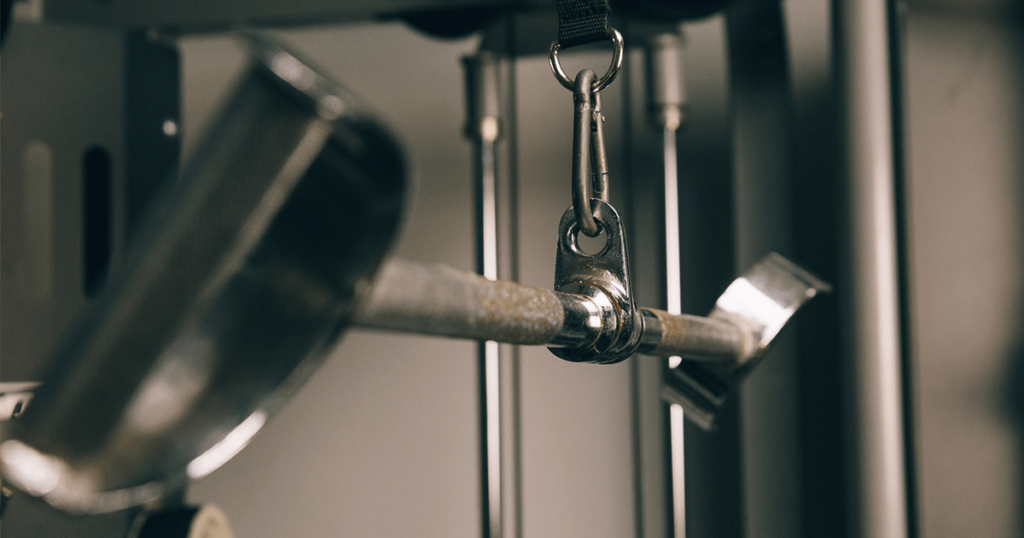
A friend recently shared on Twitter a screenshot of the opening paragraph of Mark Rippetoe’s beautifully written 2007 book, Starting Strength. It deeply resonated with me:
Physical strength is the most important thing in life. This is true whether we want it to be or not. As humanity has developed throughout history, physical strength has become less critical to our daily existence, but no less important to our lives. Our strength, more than any other thing we possess, still determines the quality and the quantity of our time here in these bodies. Whereas previously our physical strength determined how much food we ate and how warm and dry we stayed, it now merely determines how well we function in these new surroundings we have crafted for ourselves as our culture has accumulated. But we are still animals—our physical existence is, in the final analysis, the only one that actually matters. A weak man is not as happy as that same man would be if he were strong. This reality is offensive to some people who would like the intellectual or spiritual to take precedence. [Emphasis mine.]
I recently turned 37, having spent the first half of my life obsessed with and devoted to the physical. I played basketball at an elite high-school level until the age of 16, and then maintained a general athleticism for several years after that. But sometime in college, I discovered the distinct pleasures of the intellect (and of Bacchus) and my visits to the courts and the gym dwindled until, by my mid-20s, they ceased completely. The result was that I was mostly sedentary until my late 20s, when I briefly dated a girl whose mere presence inspired me to hire a trainer and work on my vanity muscles. I quickly made gains that felt good and reminded me of the activity of my youth. But then we broke up, and I married a French woman and moved to Paris. One of the things I’ve always liked so much about the French world view is that it tends to value a slender silhouette, which happens to be my default mode. I quickly reverted to my former ways until last year, when, living in Berlin, I did the much harder late-30s work of getting back into shape. Once again, I recommitted myself to a standard of fitness that now seemed distant enough as to belong to an entirely different person, not merely my younger self.
Today in Paris, where over the past several months, I’ve been going to the gym more systematically than ever before (driven in large part by the desire to be healthy and in good shape for my newborn son), I’ve suddenly found myself, with 40 looming on the horizon, stronger than I ever was, even as a teen. I will forever be a humble devotee of the life of the mind. But Rippetoe is painfully astute when he notes: “It is instructive to see what happens to [those people who believe the intellectual and spiritual take precedence over the physical] as their squat strength goes up.”

